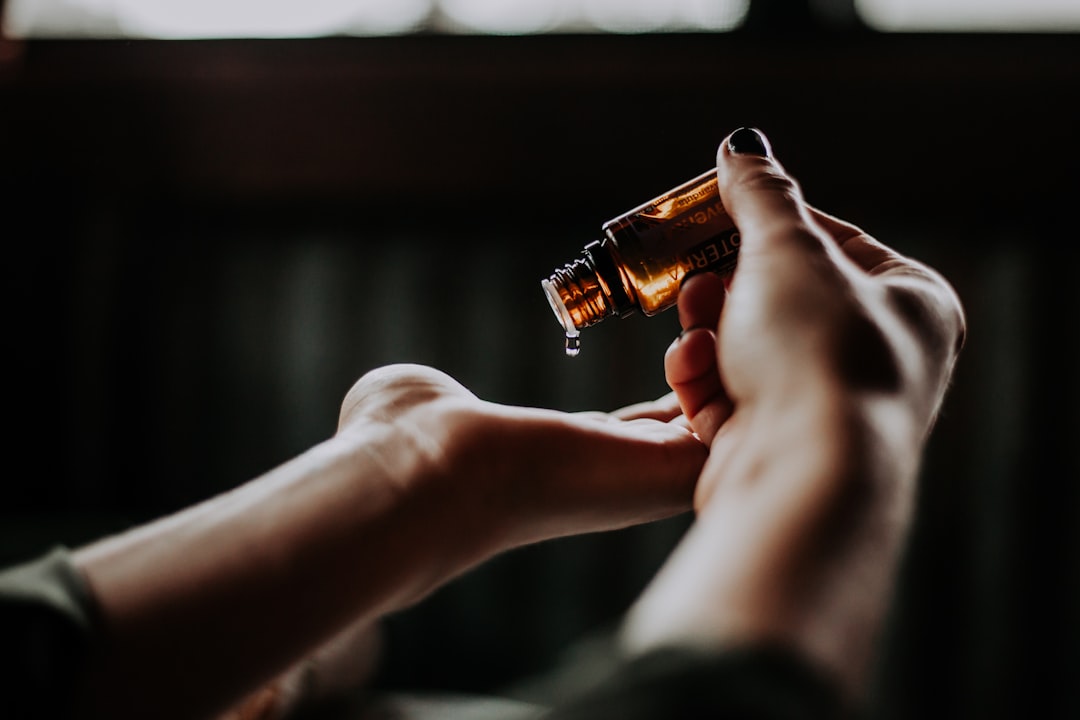Massage spas in Cleveland, OH, face significant risks of civil lawsuits and criminal charges due to massage abuse. To mitigate these risks, spa owners must engage a specialized massage abuse law firm Cleveland OH, implement robust consent procedures, staff training on client comfort cues, efficient reporting systems, and regular policy updates. Essential safety measures include clear privacy policies, secure treatment rooms, client intake procedures, security audits, and staff meetings. Regular training on client rights, consent protocols, and legal repercussions is vital. Staying updated with local laws and industry best practices, along with fostering a culture of awareness, is crucial to protecting both businesses and clients.
In Cleveland, OH, the wellness industry thrives, but the prevalence of massage abuse highlights a critical need for safety measures. This article explores best practices for spas to prevent abuse, focusing on legal implications, implementing robust safety protocols, and staff training. By understanding the risks and adopting ethical practices, Cleveland massage spas can foster an environment of trust and protect their clients from harm. Key strategies include collaboration with a massage abuse law firm for guidance and staying informed about local regulations.
Understanding Massage Abuse and Legal Implications in Cleveland, OH

Massage abuse, a hidden concern within the wellness industry, refers to any form of non-consensual or harmful conduct that occurs during a massage therapy session. In Cleveland, OH, understanding the legal implications of such incidents is crucial for spa owners and employees. A massage abuse law firm in Cleveland OH can provide guidance on prevention strategies and proper response protocols.
Legal consequences for massage therapists or spas found guilty of abuse can be severe, including civil lawsuits and criminal charges. To mitigate risks, Cleveland massage spas should implement robust consent procedures, train staff to recognize signs of discomfort or distress in clients, and establish clear reporting mechanisms. Regularly updating policies and staying informed about local laws related to consent and patient safety are essential practices to protect both businesses and their clientele.
Implementing Safety Measures to Protect Clients at Spa Facilities

Implementing robust safety measures is paramount for Cleveland massage spas aiming to protect their clients from potential abuse or harassment. This includes adhering to local and state regulations, such as those enforced by a reputable massage abuse law firm in Cleveland, OH. Spas should require all employees to complete comprehensive training on client safety, consent, and appropriate boundaries. This training should cover recognition of suspicious behaviors, reporting protocols for any unethical conduct, and the importance of creating a safe and respectful environment.
Moreover, spa facilities should have clear policies regarding privacy, including private treatment rooms with secure locking mechanisms. Client intake procedures should be in place to gather essential information, ensuring staff are aware of any potential vulnerabilities or concerns. Regular security audits and staff meetings focused on safety can help identify and address any loopholes or areas needing improvement, fostering an atmosphere where clients feel secure and valued.
Training Staff, Promoting Awareness, and Ensuring Ethical Practices

Massage spas in Cleveland, OH, should prioritize staff training as a cornerstone of their operations to prevent massage abuse. This includes comprehensive programs that educate employees on client rights, consent protocols, and the legal implications of any form of inappropriate behavior. A well-trained staff can recognize and de-escalate potentially harmful situations, ensuring clients feel safe and respected. Regular updates on relevant laws and industry best practices are essential to keep spas and their workers compliant with the local massage abuse law firm in Cleveland OH.
Promoting a culture of awareness is another critical aspect. Spas should encourage open communication among staff and clients, fostering an environment where individuals feel comfortable reporting any concerning incidents. Displaying clear policies on consent, privacy, and professional boundaries throughout the facility can serve as a constant reminder to both employees and visitors. Additionally, providing resources and support for staff to recognize and manage their own emotional well-being is vital, ensuring they remain objective and professional during every interaction.





